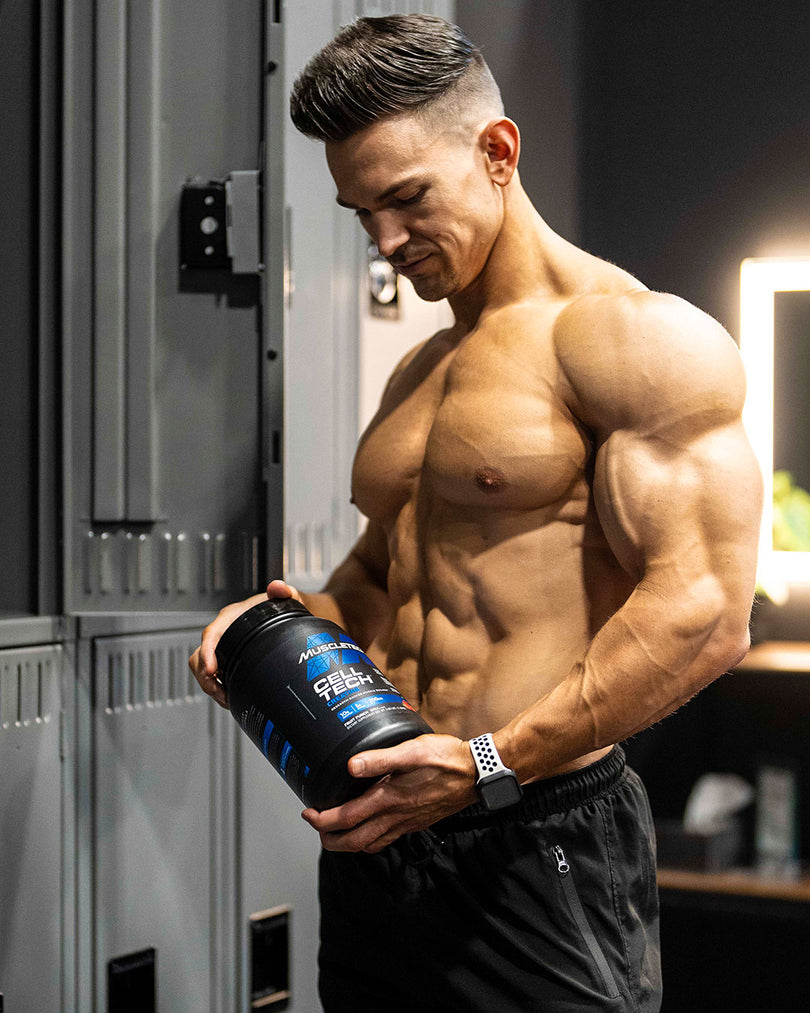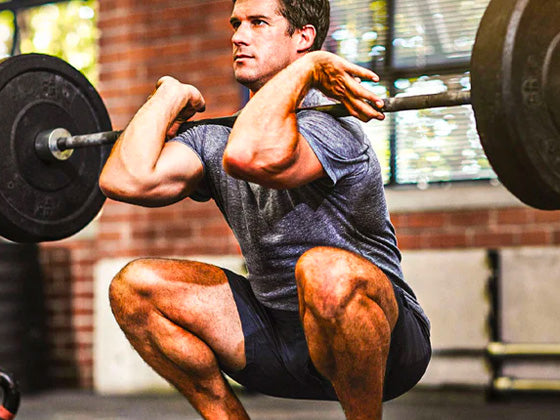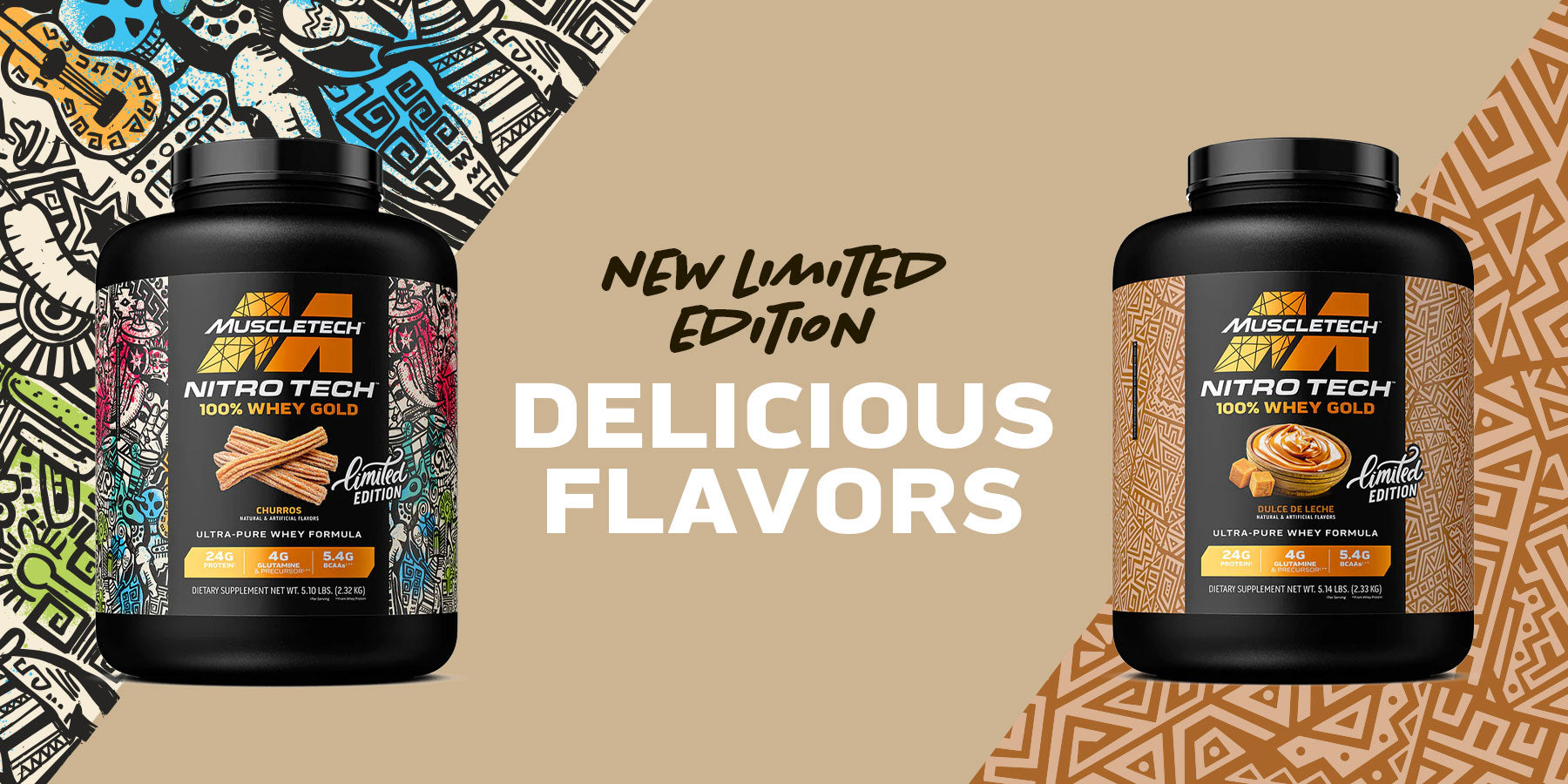Celebrities and wellness enthusiasts have joined in on the craze, documenting on social media how cold showers and ice baths help them kick-start their day.
While a cold shower or an ice bath sounds like it would be the last thing that anyone would want to do after a training session (or waking up), being immersed in cold water has many purported health benefits.
How Cold Water Therapy Works
Cold water therapy simply refers to the therapeutic benefits of cold water, while cold water immersion (CWI), which involves the immersion of the body into cold water, is a form of cold water therapy that is believed to improve the natural recovery process of the human body.
In sports therapy, an ice bath (a type of cold water immersion) is a training regimen that usually follows a period of intense exercise. Typically, a substantial part of the human body is immersed in a bath of ice (or ice water) that’s around 59 degrees Fahrenheit or 15 degrees Celsius for a short period of time.
In addition to ice baths, other types of cold water immersion include brisk daily showers, taking outdoor swims, and cold water immersion therapy sessions.
What Are The Primary Cold Therapy Theories?
According to a study, “Post exercise ice water immersion: Is it a form of active recovery?” published in the Journal of Emergencies, Trauma, and Shock, the possible mechanisms postulated for the use of cold water therapy post exercise include:
- With intense exercise, there will be some microtrauma and tears in the muscle fibers affected. This muscle damage will stimulate cell activity (hypertrophy in the long term) and help in the repair and strengthening of muscle. This is also thought to be the explanation for the delayed onset pain and soreness (delayed onset muscle soreness) which often presents 12-72 hours post exercise.
- The ice bath will cause constriction of blood vessels. This has been suggested as a mechanism that helps with the flushing of waste products, such as lactic acid, out of the affected tissue.
- With the cold temperatures, there will be a reduction of the metabolism and this can cause a slowing down of the physiological processes.
- The cold temperature will reduce swelling and tissue breakdown.
- Ice water immersion is also said to be able to shift lactic acid.
Benefits Of Cold Water Therapy Backed By Science
Some benefits of cold water therapy, which are proven by science, include less muscle soreness, reduced pain, improved physical recovery, the ability to stimulate the body’s immune system, increased alertness, and faster cooldown for people who are overheated.
1. Less Muscle Soreness
Studies indicate that athletes who soak in cold water for short periods after exercise have less muscle soreness later on. One study found that cyclists who completed intense training sessions had decreased muscle soreness after they were immersed in cold water for 10 minutes, while another study determined that athletes who were immersed in cold water reported less muscle soreness than the athletes who had no hydrotherapy (using water, ice, or steam to relieve pain and promote health) after exercising.
2. Reduced Pain
A review noted that hydrotherapy has been widely used for the management of pain. Cold water (or ice) can numb pain by causing blood vessels to constrict. This reduces blood flow to the area, which helps reduce swelling and inflammation.
So, if an athlete experiences an injury, icing is usually a good first choice. The injured athlete can use an ice pack (or a bag of frozen vegetables) or submerge the affected area in ice water to numb the pain.
3. Improved Physical Recovery
A review suggested that cold water immersion and contrast water therapy (CWT) – first using hot water, then cold – can help enhance recovery and reduce feelings of fatigue. The review noted that, “CWT is most likely to enhance performance recovery when equal time is spent in hot and cold water, individual durations are short (under a minute), and the total immersion duration is up to approximately 15 minutes.”
4. Stimulating The Body’s Immune System
There’s some evidence that cold water therapy can stimulate the body’s immune system. A study found that people who took a cold shower were less likely to take time off from work due to sickness than people who took a warm shower. And since the study did not find a difference between the people who took a cold shower for 30, 60, or 90 seconds, this led the researchers to conclude that cold water triggers the body’s immune system regardless of the amount of time spent in the shower.
Another study also showed that when young athletes were immersed in cold water three times a week for six weeks, it gave a slight boost to their immune system.
5. Increased Alertness
A review noted that cold showers have many physiological effects on the body, including increased heart rate, higher blood pressure, and elevated respiratory rate. Therefore, taking a cold shower may create a sense of invigoration and make people feel more alert due to its effects on the body.
One study noted that the most commonly reported benefit of cold showers was an ‘increase in perceived energy levels,’ with some people comparing the effect of a cold shower to the effect of caffeine.
Faster Cooldown For People Who Are Overheated
Research has shown that cold water immersion can help lower body temperature much faster than simply resting in a cool environment. A review concluded that contact with cold water, which was around 50 degrees Fahrenheit or 10 degrees Celsius, cooled off overheated people twice as fast as recovery without hydrotherapy.
Potential Benefits Of Cold Water Therapy That Require More Research
Supporters of cold water therapy also believe that cold water immersion may improve circulation, ease depression symptoms, and reduce inflammation in the body. However, further research is needed to support these claims.
1. May Improve Circulation
It’s believed that when people are exposed to cold water, there is decreased blood flow to the skin. Then when the cold water stops, the body has to warm itself up, which leads to an increase in blood flow to the surface of the skin. Therefore, some experts think that this may improve circulation.
A study, which looked at cold water immersion after exercise, also found that blood flow to and from muscles had improved after four weeks.
2. May Ease Symptoms Of Depression
Studies show that cold open water swimming may help alleviate symptoms of depression and anxiety in some people. Some studies also noted that cold water swimmers are naturally calmer and more relaxed.
Another study also found that cold showers can treat depression symptoms – if used on a routine basis alongside lifestyle adjustments.
3. May Reduce Inflammation In The Body
Some experts believe that cryotherapy, or immersion in cold water, helps with reducing inflammation in muscles, and the pain that comes with it.
4. Potential Risks Of Cold Water Therapy
There is agreement in the medical and scientific communities that ice baths can pose serious risks to health. Some of the potential risks of cold water therapy include hypothermia, shock, and the possibility of sudden cardiac death since cold water immersion affects a person’s blood pressure, heart rate, and circulation, which can cause serious cardiac stress.
Over to You
In the world of wellness, cold water therapy's popularity has surged, with enthusiasts embracing practices like cold showers and ice baths for their purported benefits. Scientific research supports claims of reduced muscle soreness, enhanced recovery, boosted immune response, and increased alertness.
However, caution is advised due to potential risks like hypothermia and cardiac stress. While much is known, further research is needed to validate claims of improved circulation, eased depression symptoms, and reduced inflammation. As with any health regimen, it's important to balance the potential gains with potential risks, making informed choices for a holistic approach to well-being.
Visit our Shop to Buy the Best Body Building Supplements
Read Our Top Read Content:
-
A-Z Guide to Bodybuilding for Beginners
-
The Best Bulking Diet for Skinny Guys
-
Creatine - Unleashing Power, Performance, and Safety










